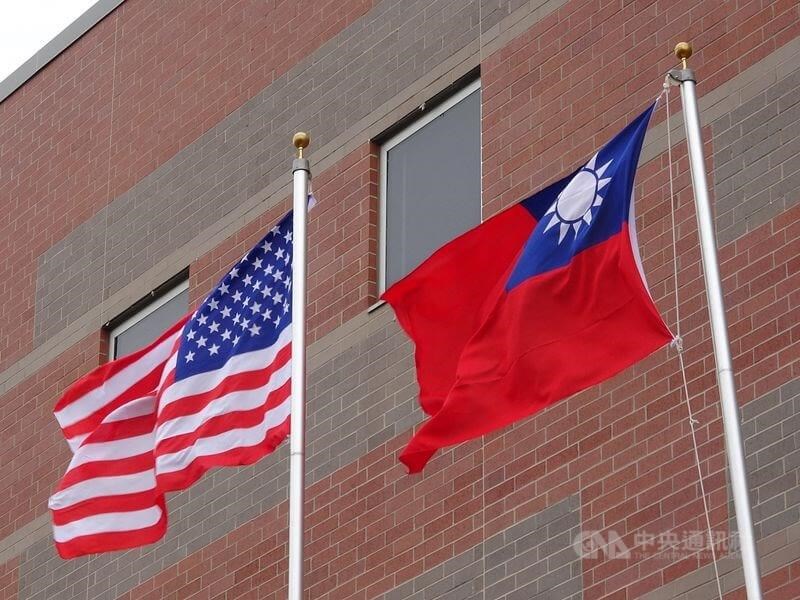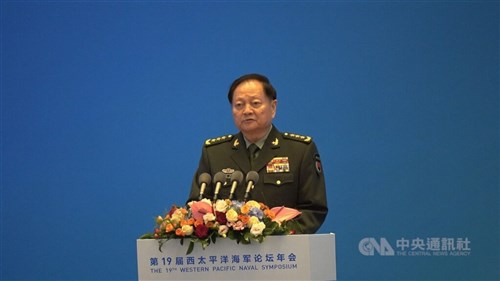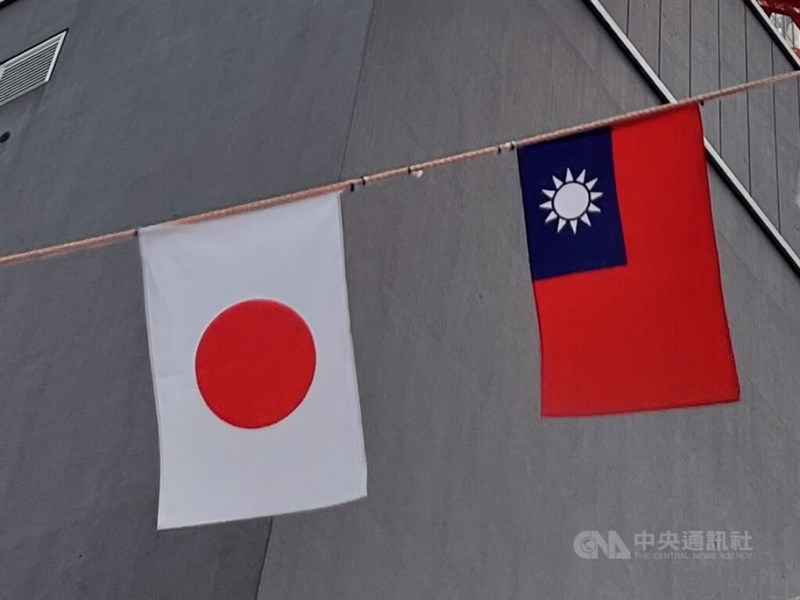The United States government's alleged plan to encourage Taiwan Semiconductor Manufacturing Co. (TSMC) to form a joint venture with Intel to boost American chipmaking will place the Taiwanese foundry giant in a more disadvantageous position than proposed tariffs on imported chips, a semiconductor expert said Thursday.
(Full text of the story is now in CNA English news archive. To view the full story, you will need to be a subscribed member of the CNA archive. To subscribe, please read here.)
More in ANALYSIS
-
![U.S. policy unchanged despite Taiwan omission in defense strategy: Analysts]() U.S. policy unchanged despite Taiwan omission in defense strategy: AnalystsThe absence of Taiwan in the Pentagon's recently released 2026 National Defense Strategy (NDS) has raised concerns about the United States' commitment to the island nation's defense.02/07/2026 04:31 PM
U.S. policy unchanged despite Taiwan omission in defense strategy: AnalystsThe absence of Taiwan in the Pentagon's recently released 2026 National Defense Strategy (NDS) has raised concerns about the United States' commitment to the island nation's defense.02/07/2026 04:31 PM -
![Xi's military purge raises Taiwan miscalculation risk: Experts]() Xi's military purge raises Taiwan miscalculation risk: ExpertsChinese President Xi Jinping's (習近平) ongoing purge of senior military leaders, most recently targeting top general Zhang Youxia (張又俠), could help him consolidate power and potentially increase the risk of strategic miscalculation over Taiwan, according to experts.01/27/2026 09:31 PM
Xi's military purge raises Taiwan miscalculation risk: ExpertsChinese President Xi Jinping's (習近平) ongoing purge of senior military leaders, most recently targeting top general Zhang Youxia (張又俠), could help him consolidate power and potentially increase the risk of strategic miscalculation over Taiwan, according to experts.01/27/2026 09:31 PM -
![Japan vote a 'high-stakes gamble' of importance to Taiwan: Experts]() Japan vote a 'high-stakes gamble' of importance to Taiwan: ExpertsWidely seen as the most Taiwan-friendly Japanese prime minister since Shinzo Abe, Sakae Takaichi dissolved the House of Representatives on Friday three months after taking office, setting the stage for a snap election on Feb. 8 as she attempts to consolidate her leadership.01/24/2026 05:55 PM
Japan vote a 'high-stakes gamble' of importance to Taiwan: ExpertsWidely seen as the most Taiwan-friendly Japanese prime minister since Shinzo Abe, Sakae Takaichi dissolved the House of Representatives on Friday three months after taking office, setting the stage for a snap election on Feb. 8 as she attempts to consolidate her leadership.01/24/2026 05:55 PM
Latest
-
Business
Taiwan to raise natural gas prices by 3% on average in March
02/28/2026 09:14 PM -
Politics
Taichung mayor to visit U.S. in mid-March
02/28/2026 08:52 PM -
Politics
Taiwan closely monitoring situation after U.S., Israel strike Iran: Lai
02/28/2026 08:31 PM -
Politics
Taipei Mayor Chiang Wan-an remembers 228 Incident, seeks to transcend tragedy
02/28/2026 08:23 PM -
Politics
Taiwan raises Israel travel alert amid U.S.-Israel strikes on Iran
02/28/2026 08:01 PM


